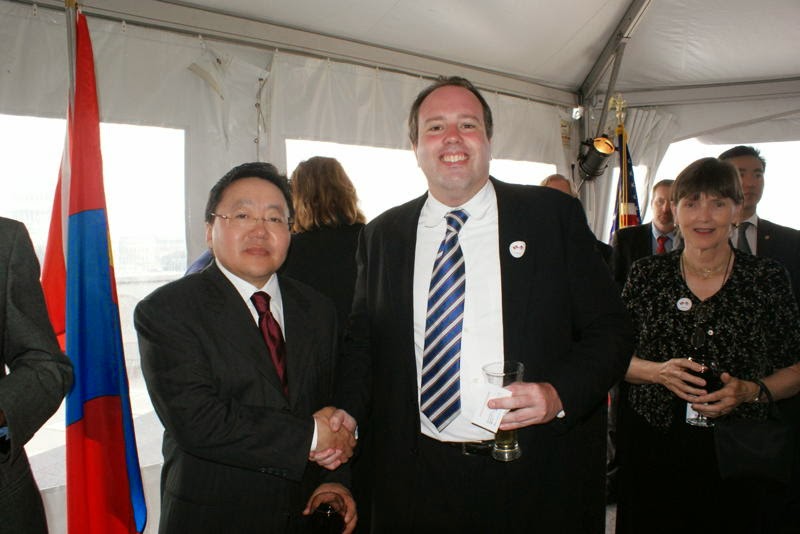Political leaders in Washington are under pressure to simplify and speed up the visa process for Chinese people seeking to visit the United States. The calls from the US travel industry and from US-China business advocates come just as Congress moves forward with a new law to increase immigration quotas for highly skilled workers in places like China. But as our Washington Correspondent Daniel Ryntjes reports, there are growing calls for even more comprehensive reform of a system that has proved frustratingly slow for many potential Chinese travelers and immigrants.
In a rare and overwhelmingly positive vote of 389 for and 15 against, the House of Representatives has agreed to raise the immigrant quotas for highly skilled individuals, to the benefit of individuals in larger countries like China. The US Senate is also expected to approve the idea.
China Immigration expert Ted Gong said: "That bill changes the per-country limit, so that instead of 7% per country, you can increase it by 15%. That means then that countries like India and China which are very backlogged, they can get more people to come to the United States more quickly."
The backlog for applicants is partly the result of raised security requirements following the attacks of September 11th 2001, which has adversely impacted the US travel industry.
Spokesperson for US Travel Association Robert Bobo said: "Chinese travelers, but everyone else in the entire world now, after 9/11, has to undergo a personal interview with a US embassy or consulate staffer. And so that means that there are more people that are needing to be seen by these visa processing centers, consulates, embassies, but we don’t meet the demand with enough staff or with enough resources."
The US State Department has increased the number of staff in China to handle these interviews after a 123% rise in the number of non-immigrant visa applications in the last 5 years. They’ve been working on about 1 million adjudications in China this year alone.
Bobo said: "If we could implement a better visa policy then we would see an increase in the amount of travel to the United States which could possibly add about $850 billion to our economy and increase jobs by 1.3 million."
On the immigration side, some Chinese people are taking advantage of a program in which they can qualify to settle in the US if they invest at least $1 million or just $500,000 into designated high unemployment areas.
Ralph Winnie Jr, China Program director in Eurasia Center, said: "There are a lot of success stories of US and Chinese companies that have been able to partner together. And that really needs to be the focus and we really need to make it easier to streamline the visa process."
US travel companies have also calculated that Chinese visitors spend about one third more when they come to the United States than the average.
Reporter: “This presents a significant incentive for the US to consider not just improvements but also reforms to its complex visa and immigration systems.”
